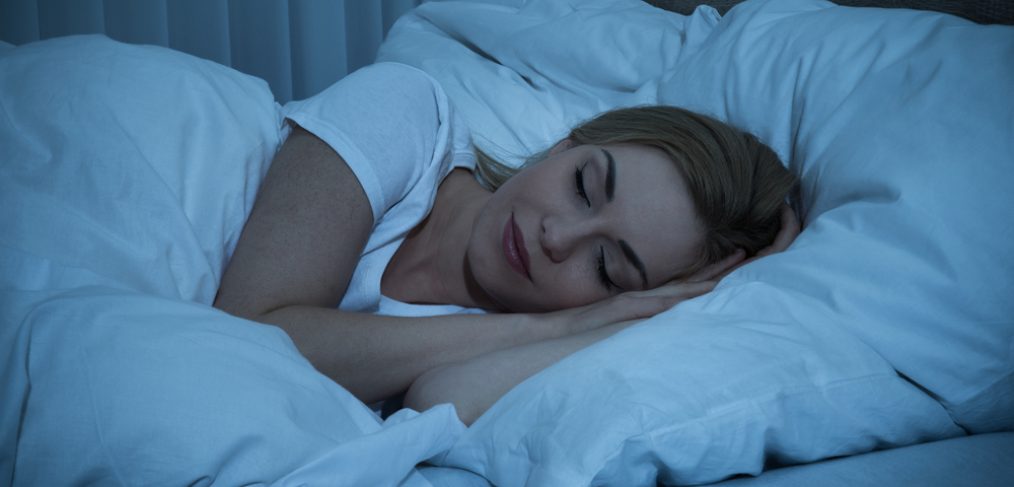If you have ever seen the Seinfeld episode entitled “The Nap,” you may know that no one knows the power of a good nap quite like George Constanza. When a glass window in his office prevents him from daytime slumber, George asks Jerry’s contractor to trick out the area underneath his desk with all the creature comforts required for a stress-free, uninterrupted nap, including a shelf for his alarm clock and a cup holder. Although this set up predictably backfires on George, one cannot fault him for his dogged pursuit of a good nap. Napping is a great way to fight fatigue and stay on top of things and research finds that they can also effectively reduce stress and risk of heart disease.
Naps Combat Sleep Deprivation
Sara C. Mednick, author of “Take A Nap! Change Your Life” says, “You can get incredible benefits from 15 to 20 minutes of napping. You reset the system and get a burst of alertness and increased motor performance. That’s what most people really need to stave off sleepiness and get an energy boost.” You also want to consider the length of your nap and the role it plays in its effect on the brain. A 20 minute nap, also referred to as the stage 2 nap, is recommended for remaining alert and sharpening motor learning skills like playing an instrument or typing. Longer naps help aid memory and improve creativity. Thirty to sixty minute naps-slow-wave sleep- enhance skills dealing with decision making and memorization of vocabulary or directions. REM sleep, which usually comes after 60 to 90 minutes of napping, helps the brain to form connections and solve creative problems.
Naps or Coffee
Who needs naps when you’ve got caffeine, right? Well, maybe not. Though a cup of java may improve alertness, caffeine can decrease your memory’s performance making you more likely to make mistakes and leave you cranky and unfocused.
Napping Tips
You may not put George Costanza- like strategy in planning your daily nap, but there are some tips to make the experience a little more beneficial.
Consistency
Schedule your naps. The best time for most people is in the middle of the day, between the hours of 1 and 3 p.m.
Speed
If you are not lucky enough to have a built in space for your alarm clock in your napping area, you can set your cell phone alarm clock to wake you up in 30 minutes or less. This will ensure you don’t wake up groggy.
Darkness
If you can’t nap in a dark room, you may want to wear an eye mask. Blocking light out will help you fall asleep more quickly.
Warmth
Body temperature drops when you sleep, so make sure you have a blanket handy if a snooze is on the agenda.
If you are a proud napper, we would love to hear all about your experiences. What is your favorite place to nap and what are your suggestions for a great nap? Let us know!





